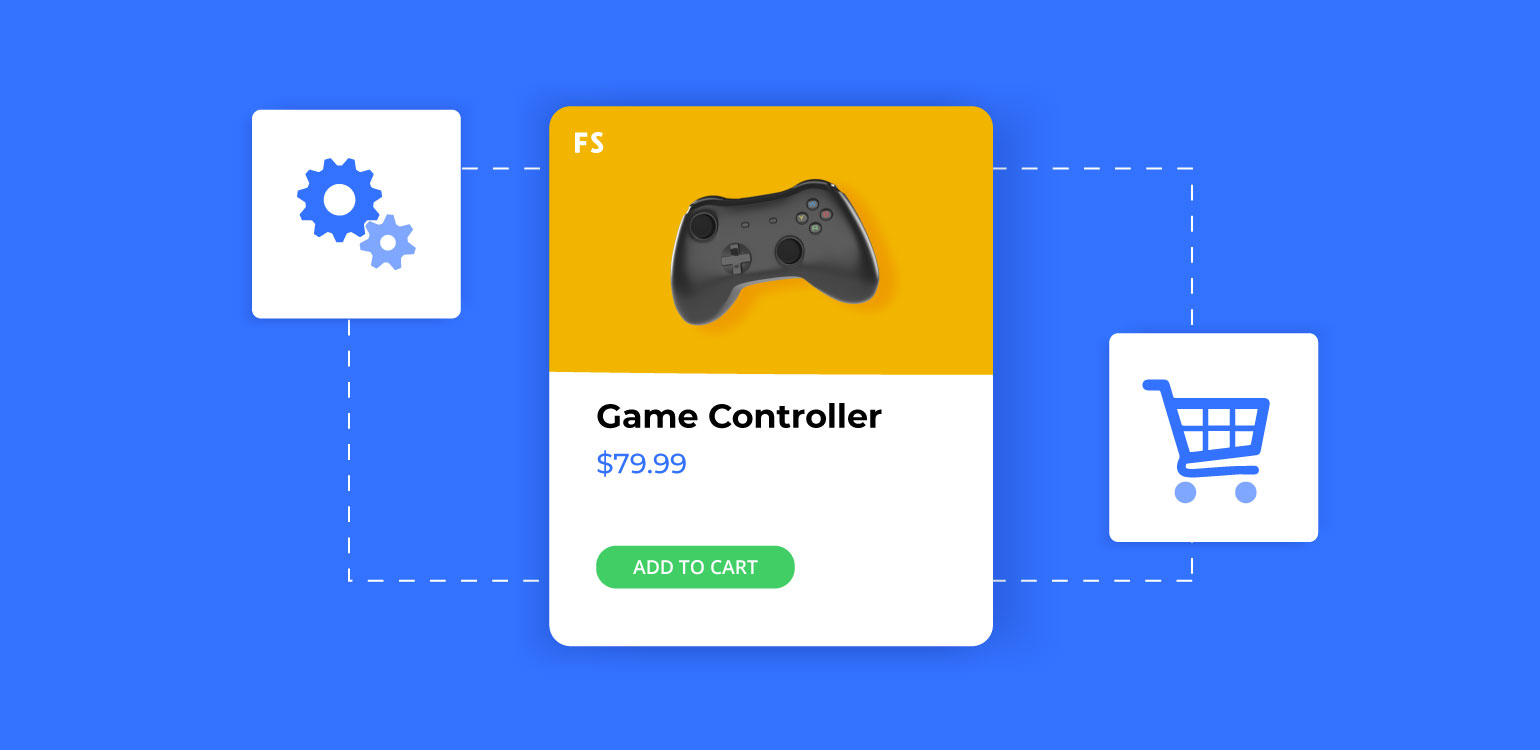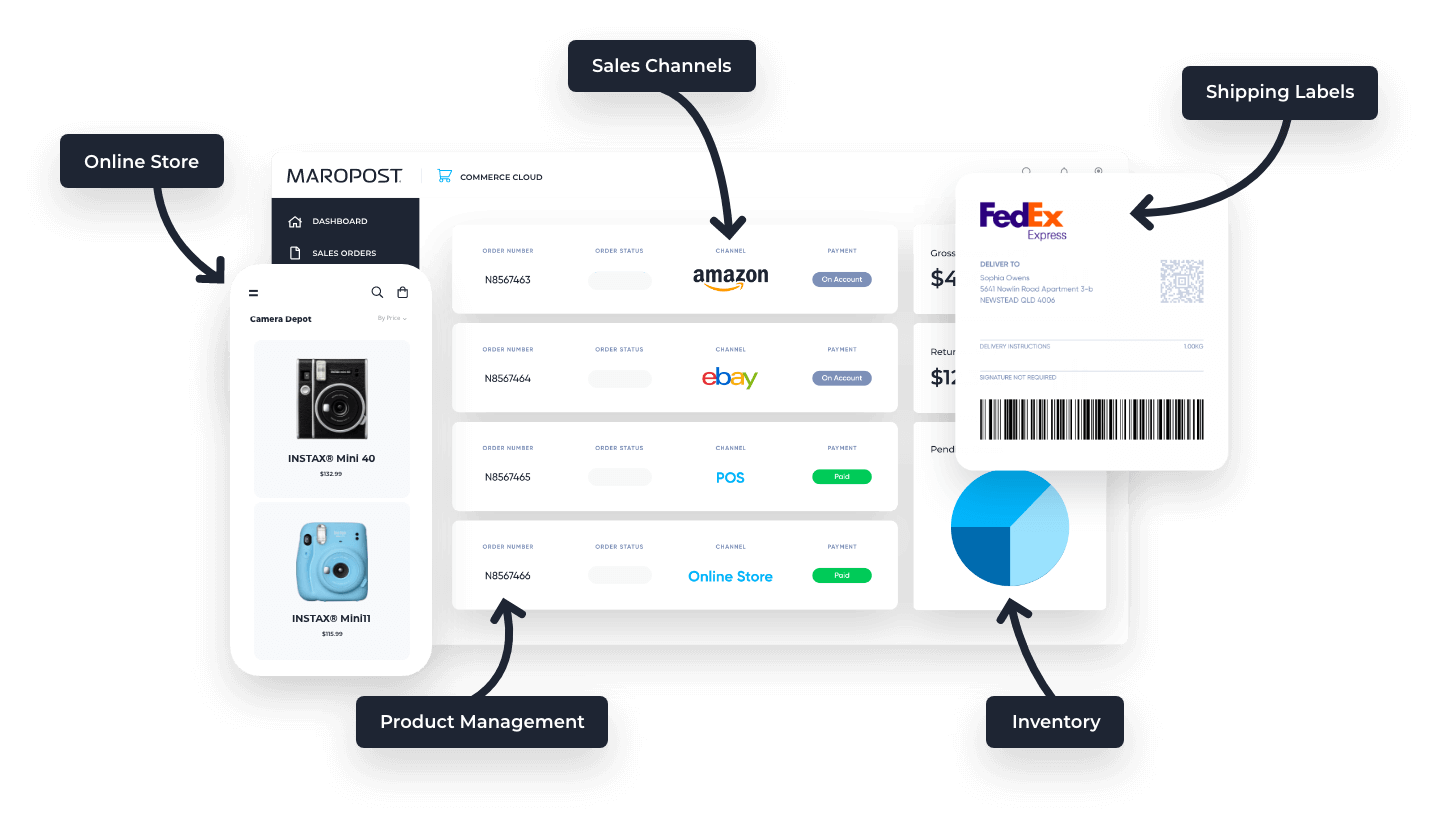According to Forbes, “Automation is the future. Marketing automation, in particular, can turn a lean marketing team into a force to be reckoned with, allowing startups and growing businesses to compete with large-scale enterprises in the war for customer attention.“
“Automation” is best explained as “automatic”, rather than “robotic”, that is, void of human touch. A washing machine is designed to wash your clothes “automatically”, but you still need to separate the clothes and load the washer yourself, right?
You need to add the right amount of water and detergent, as well as set the timer and choose the right washing cycle. See that? You determine so much even though your clothes are washed automatically. From robust sales and marketing teams to small businesses, marketing automation is an essential part of the overall marketing strategy.
Learn everything about Marketing Automation:
1. What is Marketing Automation
2. Why is Marketing Automation Important
3. Marketing Automation Strategy
4. Marketing Automation Best Practices
5. Marketing Automation Platform
6. Email Marketing Automation
1. What is Marketing Automation?
Marketing automation is a technology designed to manage your marketing processes and campaigns across multiple channels, automatically. These marketing channels will include email, web, social media, and text.
Technically, you are automating and optimizing, usually repetitive, online marketing tasks. You can automate, optimize, and measure results for repetitive tasks such as sending out personalized emails, scheduling posts for social media, auto-response, customer segmentation, targeted advertising, and so on.
Businesses target a large base of customers across multiple channels using automation. For instance, hundreds of your customers can receive emails based on their own activities on your website. All you have to do is set automation workflows, schedules, categories, etc. on your marketing automation platform for that purpose.
To achieve better results, workflows can be modified mid-campaign, defined by templates, or custom-built from scratch. All of these features are available on a unified marketing automation software.
2. Why is Marketing Automation Important
According to Nucleus, marketing automation improved business productivity by an average of 20%. If you think that’s not impressive, think about this: it is found that 82% of marketers recognized a positive return on investment (ROI) and increased efficiency after adopting marketing automation.
There are data, based on years of experience and research, available to further drive home this point. However, before we look at a few of them, let’s draw a simple inference from the washing machine analogy in considering marketing automation for your business.
Can you imagine doing your laundry without a washing machine? We almost can’t think of living in that age anymore! Think of automation as what the washing machine does for your household. You only need to put in your clothes, add water and detergent, choose the right washing cycle and water temperature, set the timer, etc. and go do something else, the machine automatically washes your clothes.
With the technology, the process becomes less time and energy consuming and you get to determine what the process should be like and the desired end-result. This is exactly what marketing automation will do for your business. What more?
Now, let’s check the stats (Invespcro 2020):
- 77% of marketers had an increase in conversions and 4 in 5 increase their leads by using marketing automation software.
- Marketing automation drives a 14.5% increase in sales productivity and a 12.2% reduction in marketing overhead.
- 58% of industry leaders using marketing automation say that conversion rate and generated revenue are the most useful metrics to measure.
- 74% of respondents in a marketing survey said that the technology’s ability to save them time was its largest benefit.
- The most important strategic goal of marketing automation, according to marketers are 61% to increase lead generation, 67% lead nurturing, 47% sales revenue, 36% improving customer engagement, 28% improving the ability to measure campaign results, 28% marketing productivity, and 22% improving campaign targeting.
3. Marketing Automation Strategy
Since marketing automation is designed to manage your marketing processes automatically, do you need a strategy? Many people usually think marketing automation is “the strategy”, so they don’t need a strategy once it is adopted.
However, marketing automation does not “automatically” give you the best results if you don’t set a working strategy. The same way your washing machine does not automatically wash your silk dress for ten minutes and with warm water if you don’t set it to.
Marketing automation best practices will guide you in creating winning marketing automation strategies.
4. Marketing Automation Best Practices
Best practices are results of years of interaction with a particular tool, service, or process. Leading marketing experts who have worked using marketing automation have shared helpful tips over the years. The most important ones have been squashed into these 8 best practices so that you can easily digest them.
- Set goals
The first thing in any marketing campaign is to set goals. To be able to measure how marketing automation has improved your campaign, you need to set specific goals.
You want to know the number of quality leads you got and the number that was converted. You should also want to know at what point in the consumer’s journey the conversion took place and if automation contributed to it.
- Create buyer personas
Using your target audience’s location, demographics, interests, career, backgrounds, etc. you can develop buyer personas to understand their pain points and therefore better market to them.
- Build workflows
Building workflows is how you map out the consumer journey and address their pain points, using your understanding of the personas.
- Segment
The data available to you from creating buyer personas becomes useful, not only to map out workflows but to segment your audience as well. That is, you can segment your audience based on interests, location, or demographics.
- Personalize your content
In the same way you can segment your audience, you can tailor your content and marketing materials to their individual needs. This makes your marketing much more targeted and relevant. Also, your communication and marketing materials must not just be relevant, it must be engaging too.
- Manage your leads
Lead management includes lead scoring, nurturing and qualification. Lead scoring helps you understand which leads should be categorized under “lead nurturing” (that is, to further nurture them) and which ones are qualified for conversion.
- Measure your performance
See why you need to set goals at the beginning? This is where you benchmark your result with your goals. How many quality leads did you get? How many conversions? What’s your ROI?
5. Marketing Automation Platform
Studies show that more than 50% of businesses are currently using some form of marketing automation, with over 480,000 websites currently using the technology (Bold Digital).
According to Salesforce, 67% of marketing leaders rely on marketing automation and 21% intend to adopt new marketing automation tools in their marketing strategies. If your business is not already using a marketing automation software, then you might want take a second look at your entire marketing strategy.
The marketing landscape is constantly evolving and so is consumer behavior. Marketing automation technology helps catch up with that change in real-time.
The features of a unified marketing automation platform should include:
- Email marketing
- Inbound marketing
- Campaign management
- Landing pages and forms
- Lead management: lead scoring, nurturing and qualification
- Customer Relationship Management (CRM) integration
- Social marketing capabilities
- And marketing analytics.
6. Email Marketing Automation
Email marketing automation is sending out email campaigns automatically based on automation workflows or triggers, segments, and schedules created or set by you. Without automation, you will need to type out hundreds of emails tailored to the needs of each recipient.
That’s a lot, right? It is time-consuming too. With automation, you can easily arrange sets of messages created for different recipients and also schedule when and who should receive them. Email marketing automation makes email marketing an important weapon in your marketing arsenal.
Email marketing stands out because it is one of the oldest means to foster business-to-customer relationships. Automated emails, for instance, can be personalized, thereby making the content relevant to your recipients. It allows you to speak directly to each customer and improve customer experience.
You can leverage solutions specifically designed for email marketing automation for your business.
Need to chat about your marketing automation strategy?
More than 10,000 marketers use Maropost to engage with their prospects and customers through emails, SMS, social media and more. We’re here to help you growing your business!
Chat Now

